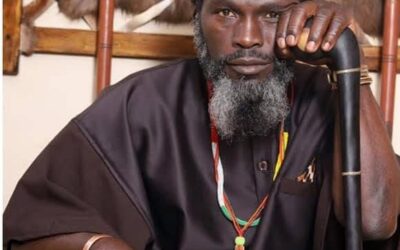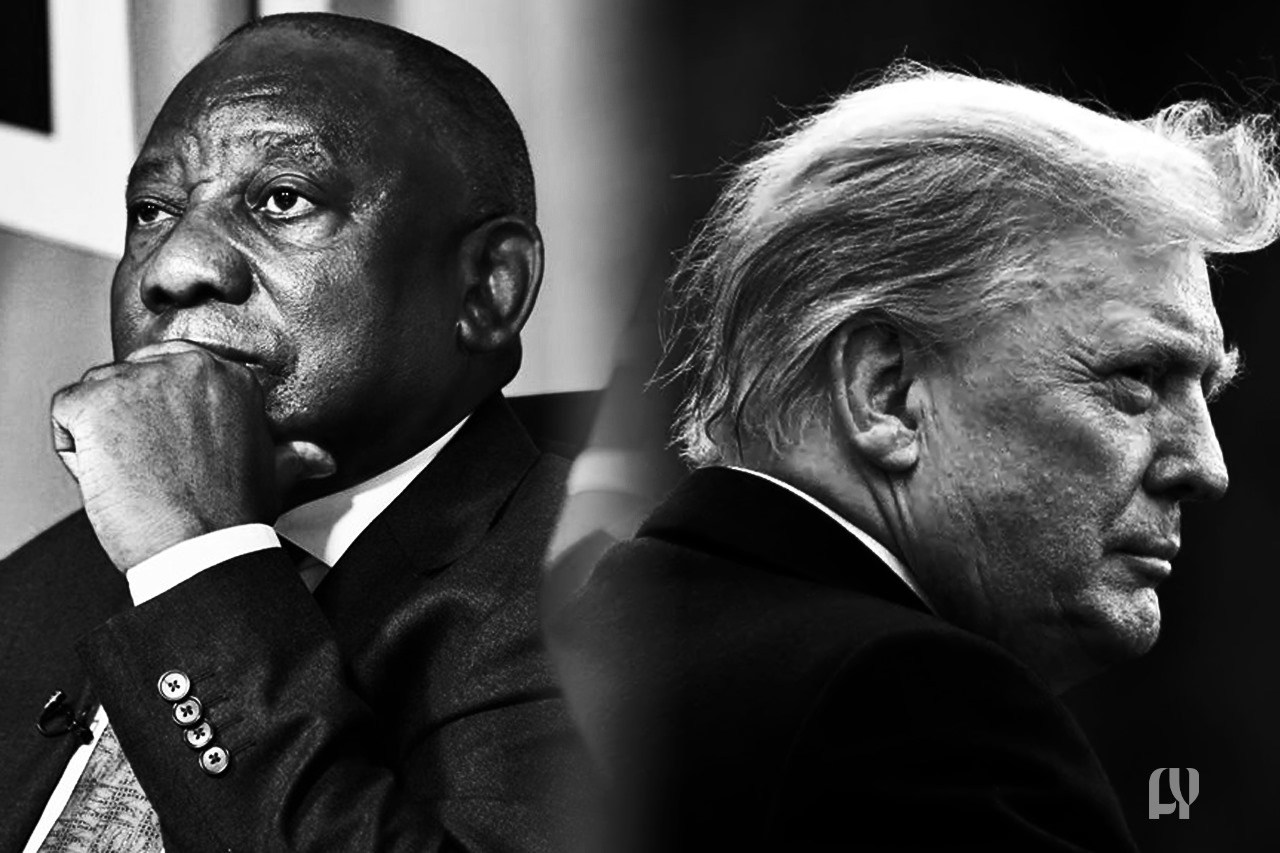By Bafana Phalane
The diplomatic rift between South Africa and the United States has escalated dramatically in recent days, following the Trump administration’s expulsion of South African Ambassador Ebrahim Rasool. This move marks a significant shift in relations between Pretoria and Washington, raising questions about the true motivations behind America’s hostility toward South Africa.
The friction between the two nations has been brewing for some time, with US President Donald Trump initially using South Africa’s land expropriation policy as a rallying point for criticism. The Expropriation Bill, which seeks to address land inequality by redistributing land without compensation in certain cases, became a lightning rod for right-wing commentators and Trump’s political base. Trump himself had previously tweeted about the issue, claiming that the South African government was targeting white farmers and engaging in human rights abuses, claims widely disputed by experts on South African land reform.
While Trump’s public objections to the Expropriation Bill seemed to be about property rights and racial discrimination, analysts have long suspected that these statements were more about energizing his political supporters rather than genuine concern for South African affairs. The issue of white victimhood has been a recurring theme in Trump’s rhetoric, and South Africa’s policy conveniently fits into that narrative.
While land reform was an early flashpoint, many experts argue that the real reason for Washington’s increasing hostility toward Pretoria is South Africa’s role in the ongoing International Court of Justice (ICJ) case against Israel. South Africa’s decision to take Israel to the ICJ over alleged genocide in Gaza placed it in direct opposition to US foreign policy, which has remained steadfastly pro-Israel. The Biden administration had already expressed discontent with South Africa’s move, but under Trump’s return to power, the response has been even more aggressive.
By leading the charge against Israel at the ICJ, South Africa positioned itself as an influential voice in the Global South, challenging the US-led Western order. This act of defiance was bound to have consequences, and many believe that Pretoria’s legal action is the real reason behind Washington’s intensified pressure.
The most shocking development in the past 24 hours has been the expulsion of South Africa’s ambassador to Washington, Ebrahim Rasool. US Secretary of State Marco Rubio described Rasool as a “race-baiting politician” and accused him of fostering anti-American sentiment. In a scathing post on X (formerly Twitter), Rubio stated that Rasool was “no longer welcome in our great country,” linking to an article from the far-right news outlet Breitbart.
The article cited remarks Rasool made in a recent online lecture, where he criticized Trump for “mobilizing a supremacism” and using “white victimhood as a dog whistle.” These comments, though critical, were hardly unusual given the broader discourse on race and politics in the US. However, they provided the Trump administration with an excuse to escalate diplomatic tensions.
Pretoria has responded with measured disappointment, calling the decision “regrettable” and reaffirming its commitment to maintaining diplomatic ties with the US. The South African government’s statement emphasized its belief in mutual respect and constructive engagement, though it remains to be seen how relations will unfold in the coming weeks.
A key question that arises from this situation is: why is South Africa receiving such focused attention from the world’s most powerful nation? The country is neither an economic powerhouse on the scale of China nor a direct military threat. Yet, Washington has singled out Pretoria for punitive measures, including sanctions and diplomatic expulsions.
One possibility is that South Africa is emerging as a strategic player in global geopolitics, particularly in the context of the BRICS alliance. The country’s growing ties with China, Russia, and other Global South nations make it a challenge to US hegemony. Furthermore, South Africa’s vocal positions on issues such as Palestine and land reform align with broader movements resisting Western dominance. By punishing South Africa, Washington may be sending a message to other nations considering similar actions.
This latest diplomatic fallout raises concerns about the future of international relations under Trump’s renewed leadership. His impulsive decision-making, often driven by personal grievances and political theatrics, has already strained alliances and exacerbated conflicts. The targeting of South Africa fits into a broader pattern of erratic foreign policy, where ideological battles take precedence over strategic diplomacy.
The world is entering a period of heightened uncertainty, with the US adopting an increasingly aggressive stance against countries that refuse to align with its geopolitical interests. The expulsion of an ambassador is a drastic move, signaling that Trump’s administration is willing to escalate conflicts rather than engage in dialogue.
As tensions continue to rise, the question remains: is South Africa a major player in global affairs, or is it merely a convenient scapegoat for a superpower looking to reassert control? Either way, the unfolding crisis reveals a hush reality of the fragile nature of international diplomacy in an era of volatile leadership.
Bafana Phalane: Editor and Founder @ Maverick Point.








13 thoughts on “South Africa and the United States: Rising Tensions in a Changing Global Order”